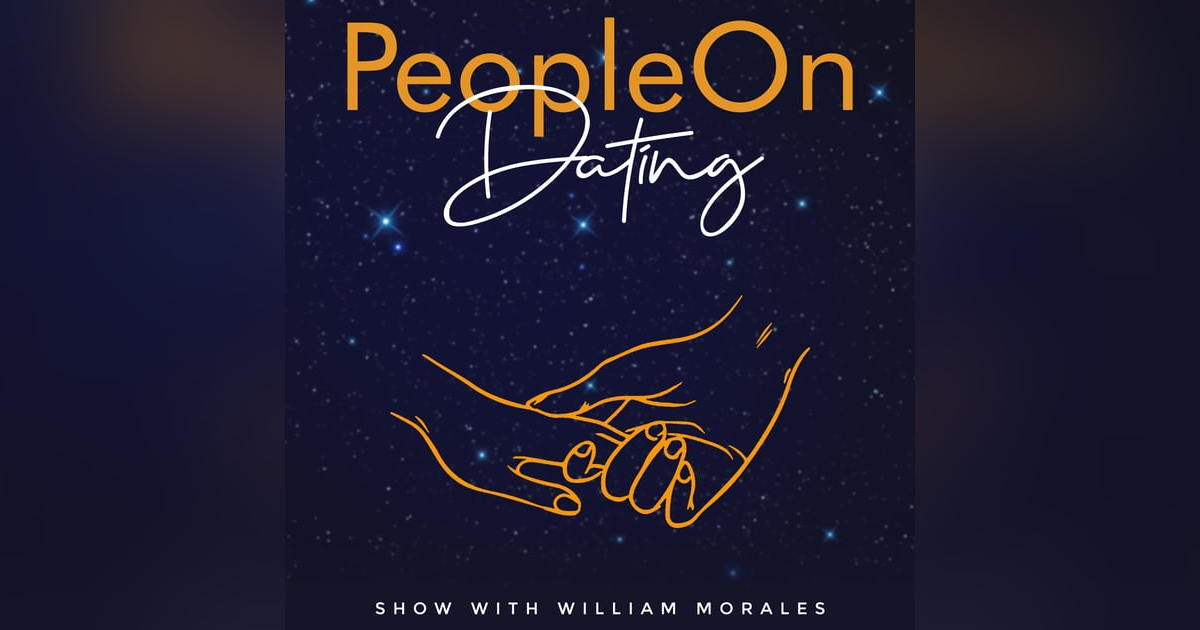
Thanks to Dr. Robin Buckley for providing this article to People On Dating Podcast.
Couples coaching can help you create the successful, strong relationship you and your partner want.
You are successful in your career. You are adept at setting goals and achieving them. You have fought back imposter syndrome. You know your strengths and apply them for effective results. Overall, you are used to working for and achieving what you want in your career.
Now how about your relationship?
Maybe you are in a long-term relationship that is not as satisfying as it once was. Or maybe you are in a relationship that is about to move to the next level of commitment — getting married or moving in together — and you want to establish a strong foundation for the success of the relationship. Your relationship isn’t in crisis. You just want it to be the relationship you and your partner envision.
The challenge is that the concept of couples counseling or couples therapy might be unpleasant to you or your partner. You may view these approaches as methods that provide a last-ditch effort before terminating a relationship. Counseling and therapy are also often associated with pain and emotional upheaval. When you are looking to strengthen your relationship, rather than save your relationship, the possibility of going through those experiences isn’t worth it. The cost may not justify the benefit when the relationship is not in crisis.
There is an alternative to couples therapy that can meet your needs and achieve what you want without the aversive experiences — couples coaching.
What is couples coaching?
You might be familiar with executive coaching, which enables you to create the career you want, or life coaching, which helps you create the life you want. Couples coaching is similar. It helps you and your partner create the relationship you want. Within the coaching sessions, the couple defines the goals to focus on and develops concrete strategies to achieve the goals. Like other forms of coaching, the clients are the experts. In couples coaching, the clients are the experts regarding their relationship.
How can you differentiate between couples coaching versus couples therapy?
Much like couples therapy, in couples coaching, our priority is on the needs of the relationship. By focusing on the relationship, you and your partner approach the work from a more objective perspective. The difference between these two approaches is the timeline focus. With therapy, the timeline looks at past issues to correct the present situation. Couples coaching, however, starts with where the couple is presently and where they want their future relationship to be. It identifies the relationship’s strengths and uses those characteristics and variables to improve the present and successfully plan for and achieve future relationship goals.
When do you know that couples therapy is a necessary starting point before coaching?
There are several situations in which a couple should start with couples therapy instead of coaching. A couple managing an infidelity should begin with couples therapy, and often individual therapy for each, to work through the grief and negative feelings associated with that situation. Relationships that include emotional, sexual, or physical abuse require a therapist, counselor, or psychologist to manage the aggression and power dynamics between the individuals. Lastly, couples dealing with trauma (loss of a family member, for example) can benefit from a therapeutic approach to address the thoughts and feelings regarding that event before considering couples coaching.
How do you know if couples coaching is the right approach for you?
Couples coaching is a dynamic process. If you and your partner want to replicate the success you experience professionally within your relationship, you are ideal candidates for couples coaching. You and your partner are motivated to create the plans and make changes to move you into the relationship you envision. Most importantly, be honest with yourself. Are you willing to dedicate time regularly not only to meet with the couple’s coach but to do the homework in between sessions? If not, there are two things to consider. First, coaching may not be the right strategy for you and your partner. Second, a lack of dedication to the homework could be a signal that your relationship is closer to a crisis than you realized.
Strategies to identify an effective couples coach
Much like the vetting process for an executive coach, you should consider the alignment of how you and your partner function with the availability, personality, and methodology of the couples coach. Identifying how and where the coach was trained will help you understand the coach’s level of preparedness for supporting your relationship work. Finding a couples coach who has a background in couples work from a mental health perspective can be valuable because they will recognize if you should begin with therapy or coaching and avoid exacerbating any presenting issues.
With couples coaching, you and your partner can attain higher satisfaction and happiness to achieve what you want from your relationship. If you are about to embark on a new commitment, you can create a blueprint for your relationship and ultimately realize a higher return on your mutual investment in the relationship. Couples coaching allows you to strategically achieve the success you are used to achieving in your career on a personal level within your committed relationship and, ultimately, create the relationship you truly want.
Thank you Dr. Robin Buckley for permission to use this article.
You can find Dr. Robin Buckley at :


